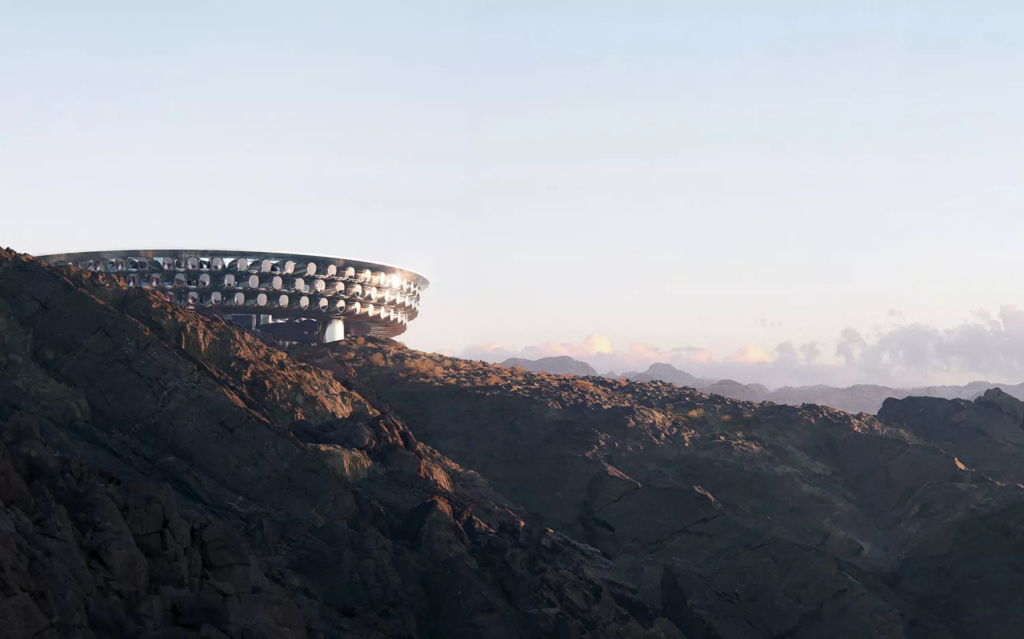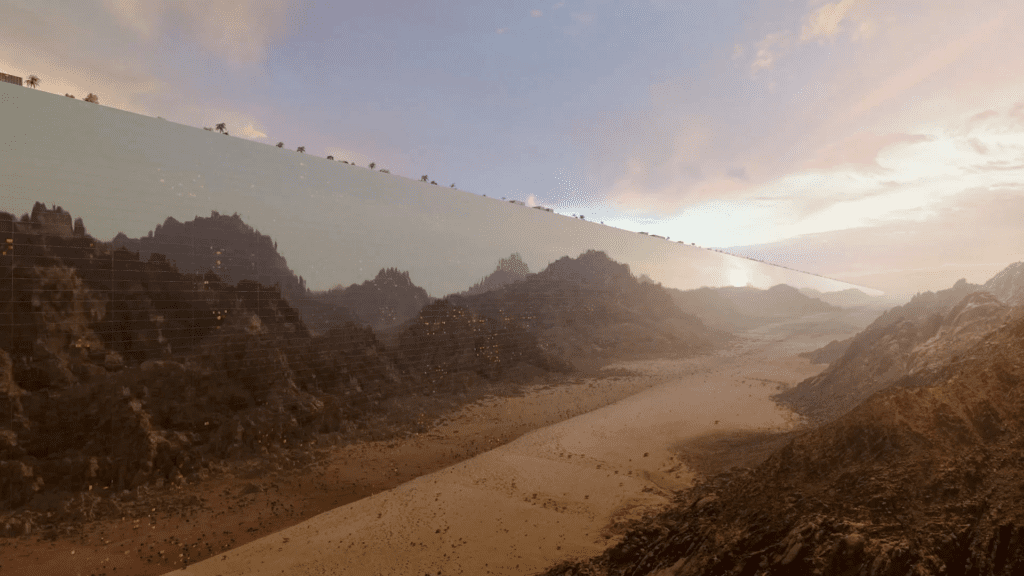Skift Take
Saudi may not hit all its targets, but for CEO Sebastien Bazin, that misses the point: “Even if it’s only half achieved, that’s a remarkable half,” he says.
Saudi Arabia’s tourism and economic goals for its Vision 2030 plan are ambitious and there have been reports of delays and scaling back.
But concern about that may miss the point, according to Accor’s chairman and CEO, Sebastien Bazin, who was among hundreds of industry leaders in Riyadh this week for the Future Investment Initiative (FII).
“People could question the pace and the size [of the Vision], and we should all question [them],” Bazin told Skift. “But we should also be humble and understand this is a decision of the [Saudi] leadership, and we need more leaders like him [Mohammed bin Salman].”
“Did I believe we could spend $500 billion on tourism in Saudi? That’s not for me to believe. That’s his [MBS’s] plan and vision. Even if it’s only half achieved, that’s a remarkable half.”
Tourism is central to Saudi Arabia’s transformation plans. The goal is that it would be the second-largest contributor – after oil – to the Saudi economy by the end of the decade. This ambition has spurred the launch of mega-projects costing tens and even hundreds of billions of dollars.
And that’s attracting luxury hotel brands. Accor, for instance, has signed agreements for properties across almost all these projects, including: Habitas and Banyan Tree in AlUla; Raffles, 25hours, and Morgans Originals in Trojena (part of Neom); and a pair of Faena hotels in The Red Sea and Diriyah Gate.

Start Slow, Start Luxuriously
Knight Frank estimates that 82% of all new hotel rooms in Saudi Arabia opening by 2030 will be in the luxury and upscale categories. Out of the 320,000 planned new rooms, up to 80,000 could be in Neom alone. The Red Sea region projects to feature 50 hotels, with 8,000 rooms and 1,000 residences. Diriyah, a cultural heritage site near Riyadh, has already signed on 42 hotels.
According to Bazin, despite the big goals, going slowly makes sense. “It’s true there may be a paradox. A lot of international arrivals today in Saudi are pilgrims, where you have 1,000 or 2,000-room hotels. When you enter an undiscovered region, however, I firmly believe it should be done gradually, starting with a 50-room hotel or a couple of 100-room hotels,” he explained.
“If you go in too quickly, it creates the wrong impression and sends the wrong message. I understand it costs more to build ten 40-room hotels than a single 400-room hotel. But if you want to respect nature, it’s much better and smarter.”
“Don’t always tie a destination to the 150 million [visitor] target. It’s true they need accommodation, but it’s also true that I don’t want Airbnb to be the one benefitting from it.”
Affordability to Follow
In May, after Skift reported that travel leaders were starting to question the affordability of the Saudi Vision for travelers, the government clarified that only 20% of future hotels would be in the four-star category or higher. A wave of mid-market hotel developments is expected to be announced soon.
A report from the Ministry of Investment and the Saudi Red Sea Authority (SRSA) last month revealed that much of the country’s northern coastline will host more affordable hotels.
Asked why Accor is focusing so heavily on luxury hotels in the kingdom, Bazin explained that it’s simply responding to the country’s request. “When you’re an operator, you respond to requests, whether from investors, the government, or others. So far, the government’s request [in Saudi Arabia] has leaned toward luxury, and I respect that. But soon, you’ll see requests shifting.”
“That shift is about bringing mid-scale hotels to secondary and tertiary cities that need them more than luxury products. Beyond the giga-projects, other areas of Saudi Arabia are where I am focusing on mid-scale offerings.”


When asked if reports of potential development slow-downs worry him, Bazin responded: “It doesn’t worry me. It’s always better to start with an enormous dream. Even if you only achieve a third of it, that’s better than never dreaming at all. It’s incredibly challenging to build these infrastructures — access to water, energy, and constructing buildings on mountains. Be humble; his [MBS’] vision has been extraordinarily big.”
